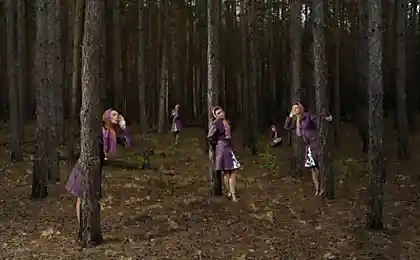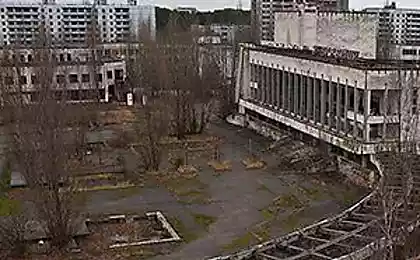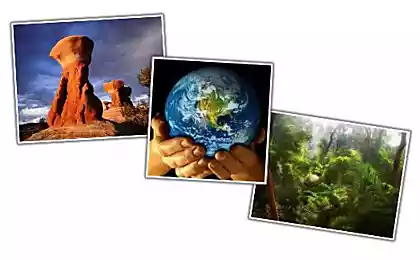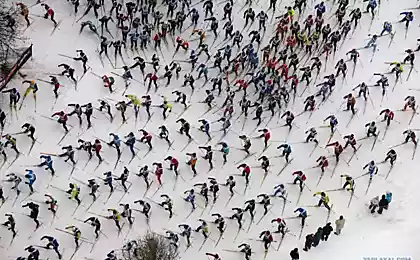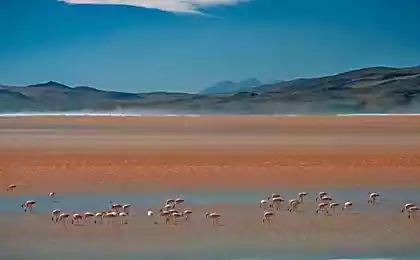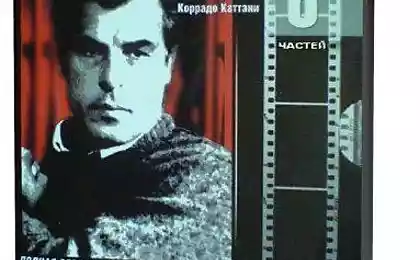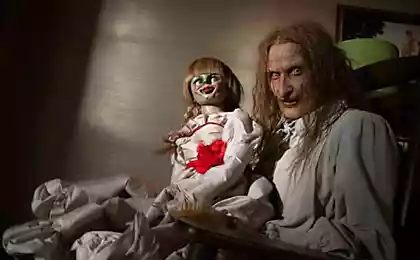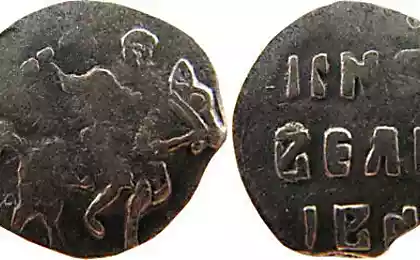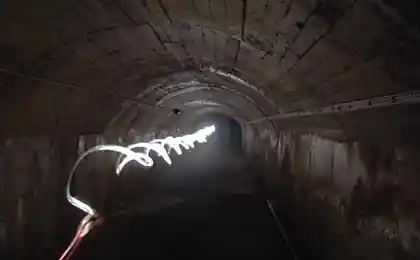1147
Echoes of the Tower of Babel

We are all from the same sandbox. Anyway, those people who exist at the moment in the world, once spoke the same language. Localization of our ancestors in time and space - south of Europe at the end of the last Ice Age, about fifteen thousand years ago.
This proto gave rise to seven languages, from which, in turn, was formed Eurasian language "The Incredibles." And already evolved from it all modern languages.
Language - structure is quite dynamic. Most of the words of more than fifty percent probability of a change in a period of two to four thousand years. Therefore, over time more and more difficult to establish the degree of relatedness of different languages and families. But there are a small number of words that does not change over time.
A group of scientists from the University of Reading in the United Kingdom under the leadership of Mark Pagel (Mark Pagel) Failed to allocate twenty-three words that changed so rare and mild, that sound almost the same in the various Euro-Asian languages.
They are present in such language families as Indo-European (almost all of Europe), the Chukchi-Kamchatka (languages of northeastern Siberia), Dravidian (southern Indian languages), Altai (Uzbek, modern Turkish, Mongolian), Eskimo, Kartvelian (Georgian and other similar languages) and Ural (Finnish, Hungarian and others).
But those same words that were before Babylon stolpotvrreniya:
, "No", "one", "the", "to", "who", "you", "you", "I", "we", "what", "man", "old", " mother "," hand "," fire "," pull "," black "," flow "," bark "," ash "," worm "," hear "," do not care ".
